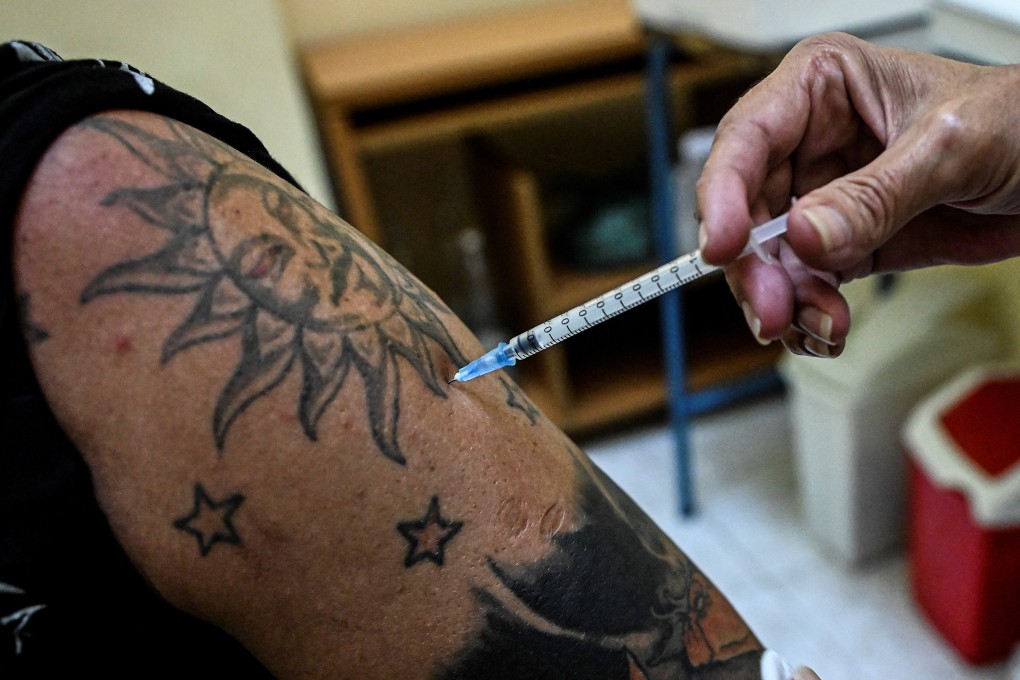Advertisement
Coronavirus: as rich countries turn to big-name booster shots from Pfizer, AstraZeneca, the poor are left with lesser-known rivals like Abdala, Soberana 2
- With supply of high-profile brands limited in many poorer countries due to hoarding by the developed world, some are embracing more obscure shots, including those that are yet to receive World Health Organization approval
- Vietnam and Iran are buying Cuba’s Abdala and Soberana 2 shots, while India’s Covaxin has got the nod in the Philippines. Meanwhile, an Indian-made world-first DNA vaccine looks promising to some
Reading Time:4 minutes
Why you can trust SCMP
9

US President Joe Biden just got his Pfizer booster shot amid efforts to institute vaccination mandates in the United States to improve the inoculation rate. In Singapore, Prime Minister Lee Hsien Loong got his Pfizer booster shot last week. The city state of 5.7 million residents, which has also relied on Moderna for its national vaccination programme, is now offering booster jabs to seniors and will soon open bookings for those aged above 50.
Advertisement
Other wealthy nations such as Britain and Israel have also booked and hoarded supplies of high-profile Covid-19 vaccine brands as they embrace booster shots to protect their populations from more virulent variants.
In the developing world, this situation could create an opening for lesser-known vaccines that have not been used widely outside the countries in which they were produced, and in many cases have yet to receive World Health Organization approval.
Already, little-known Covid-19 vaccines are entering the spotlight amid global supply constraints that have affected poorer countries’ efforts to get jabbed.
“Unfortunately, countries are likely to explore any option that might be available, but would be well advised to take their cue from the WHO SAGE recommendations on which vaccines are recommended following adequate interrogation of the evidence supporting the safety and efficacy of the vaccines,” said Shabir Madhi, a professor of Vaccinology at the University of the Witwatersrand in Johannesburg, South Africa.
Advertisement
“It’s not about where the vaccines are manufactured, but the scientific evidence of their safety and efficacy. Unfortunately, some vaccines are being deployed without having the necessary data to support their widespread use, based on limited studies that are undertaken.”

Advertisement